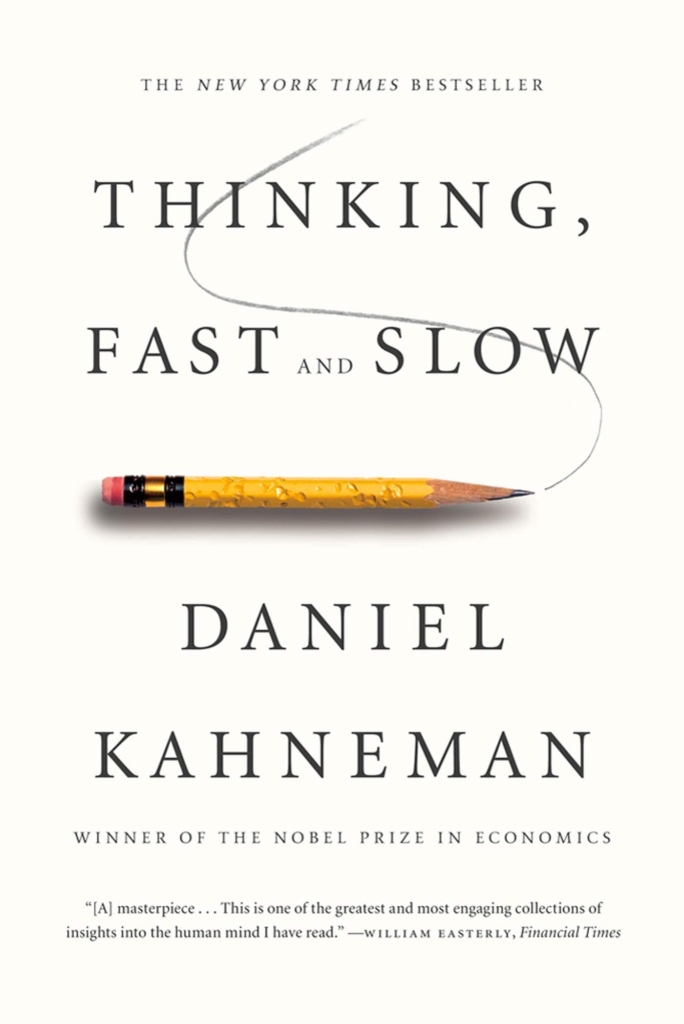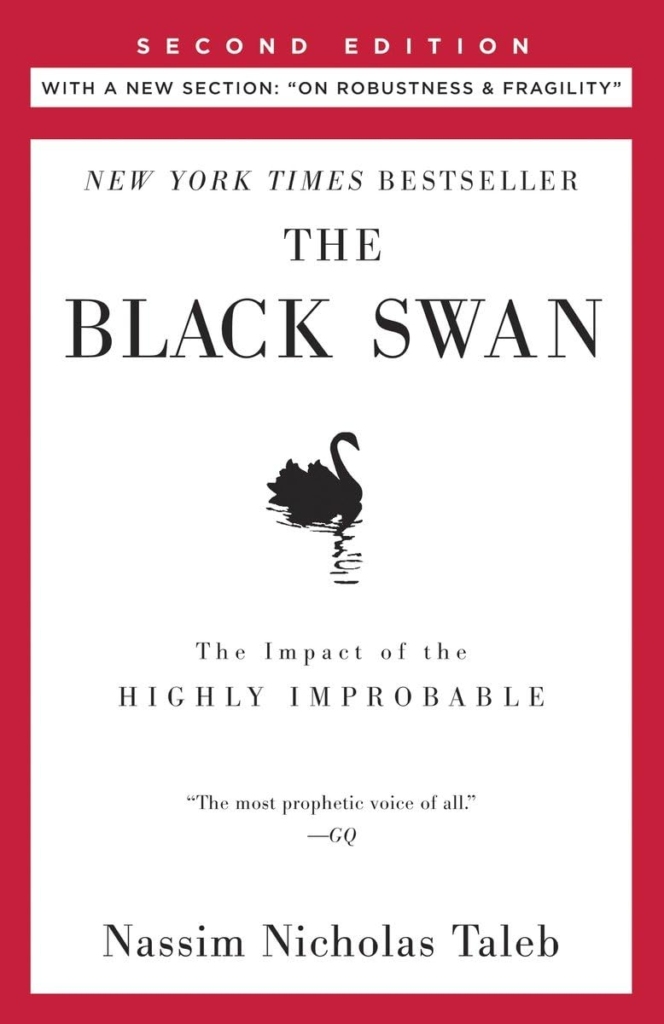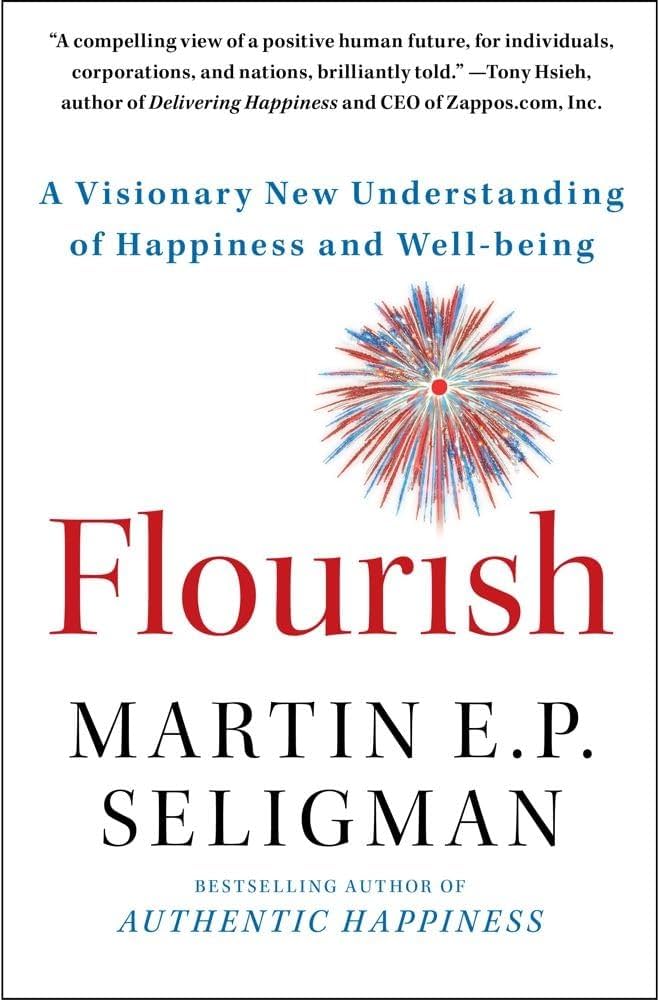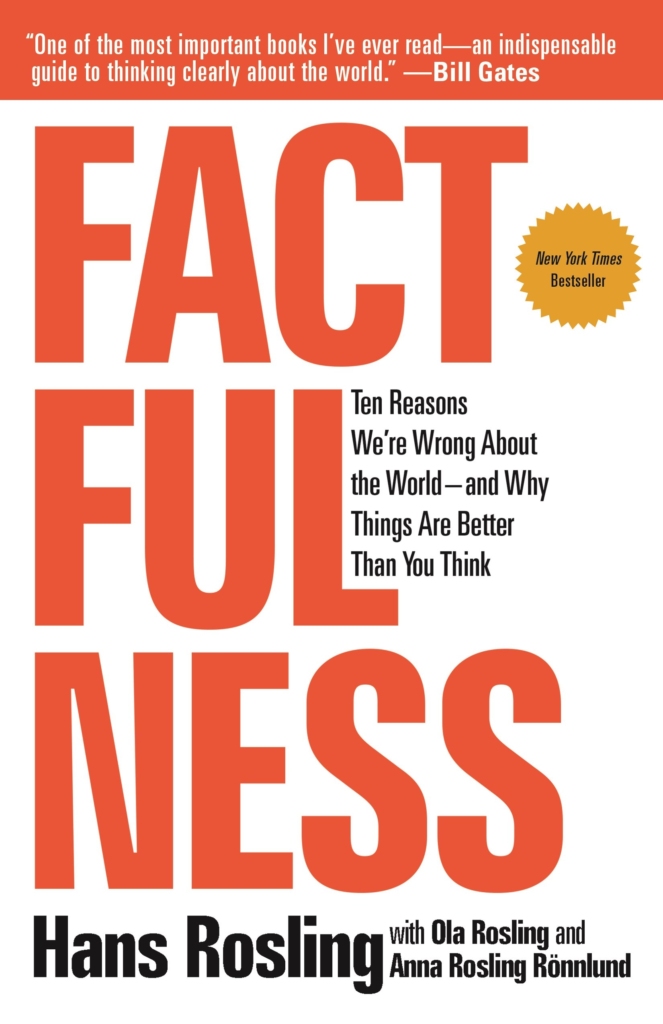QAre you an optimist or a pessimist? Do you believe one mindset is better than the other? Optimism and pessimism are often misunderstood, with many myths shaping how people view these perspectives. While being optimistic is often encouraged, pessimism also has its place.
Let’s separate fact from fiction and debunk 10 common myths about optimism and pessimism—backed by psychology and research.
Myth 1: Optimists Are Always Happy
Truth: Optimism doesn’t mean constant happiness
Optimists experience stress, sadness, and setbacks just like everyone else. What sets them apart is their belief that difficult times are temporary and that they can find a way forward. Research shows that optimists tend to cope better with adversity because they focus on problem-solving and positive reinterpretation rather than dwelling on negatives (Carver & Scheier, 2014)


Myth 2: Pessimists Are Always Negative and Depressed
Truth: Pessimism doesn’t always equal negativity or depression
While extreme pessimism is linked to higher stress and depression, moderate pessimism can be a practical tool for risk assessment. Defensive pessimists, for example, prepare for worst-case scenarios, which can actually improve performance and reduce anxiety (Norem & Cantor, 1986).
Both optimists and pessimists contribute to society. The optimist invents the airplane, the pessimist the parachute
George Bernard Shaw
Myth 3: Optimism is Just Wishful Thinking
Truth: Optimism is an active mindset, not passive hope
Optimism isn’t about sitting back and waiting for things to get better. Optimistic people take action because they believe their efforts will make a difference (Seligman, 1991). Studies show that optimists are more likely to set goals, persist through challenges, and achieve success (Scheier & Carver, 1992).
Myth 4: Pessimism is Bad for Your Health
Truth: Excessive pessimism can harm health, but strategic pessimism can be beneficial
Research suggests that chronic pessimism can lead to stress-related illnesses, but defensive pessimists tend to manage stress better by preparing for possible problems (Norem, 2001). Pessimism, when used wisely, can help people make more cautious, calculated decisions.

Myth 5: Optimists Ignore Reality
Truth: Optimists acknowledge problems but believe they can improve things
Optimism doesn’t mean denying reality. Instead, optimists focus on solutions rather than problems. Studies show that optimistic people tend to have better stress management strategies because they look for opportunities rather than dwelling on difficulties (Carver et al., 2010).
Myth 6: Pessimists Are Smarter Than Optimists
Truth: Intelligence isn’t determined by optimism or pessimism
There’s a common stereotype that pessimists are more realistic or intelligent, but research suggests that optimists and pessimists have different cognitive approaches rather than different intelligence levels. Optimists focus on potential positive outcomes, while pessimists are more risk-averse (Armor & Taylor, 2002). Both perspectives offer value in decision-making.
Myth 7: Optimism Is Inborn and Can’t Be Learned
Truth: Optimism is a skill that can be developed
While genetics influence personality, optimism can be cultivated through cognitive training and habit-building. Studies on learned optimism show that people can change their thinking patterns to become more optimistic, leading to improved mental well-being (Seligman, 1991).
Curated Reads: My Top Picks for Deeper Insight

Thinking, Fast and Slow
Daniel Kahneman

The Black Swan: The Impact of the Highly Improbable
Nassim Nicholas Taleb

Flourish: A Visionary New Understanding of Happiness and Well-Being
Martin Seligman

Factfulness: Ten Reasons We’re Wrong About the World – and Why Things Are Better Than You Think
Hans Rosling
Myth 8: Pessimism Means Giving Up
Truth: Some pessimists are highly driven because they prepare for failure
While extreme pessimism can lead to hopelessness, defensive pessimists actually work harder to prevent negative outcomes (Norem & Cantor, 1986). They anticipate obstacles and actively prepare, which can sometimes lead to even better results than overly confident optimists.
Myth 9: Optimism Makes You More Successful
Truth: Success depends on a balance of optimism and realism
Optimism can boost motivation, but blind optimism without planning can lead to failure. The most successful individuals balance optimism with realism—they believe in their goals but prepare for setbacks (Schneider, 2001).
Myth 10: You Have to Be Either an Optimist or a Pessimist
Truth: Most people are a mix of both
Optimism and pessimism exist on a spectrum, and situational factors influence which mindset we adopt (Schneider, 2001). Some people may be optimistic in their careers but pessimistic about relationships. The key is finding a balance that works for you.
Neither optimism nor pessimism is inherently good or bad—both have strengths and weaknesses. The key is to use each mindset strategically: optimism for motivation and resilience, and pessimism for risk assessment and preparation.
Rather than forcing yourself into one category, try cultivating realistic optimism—acknowledging challenges while believing in your ability to overcome them.


